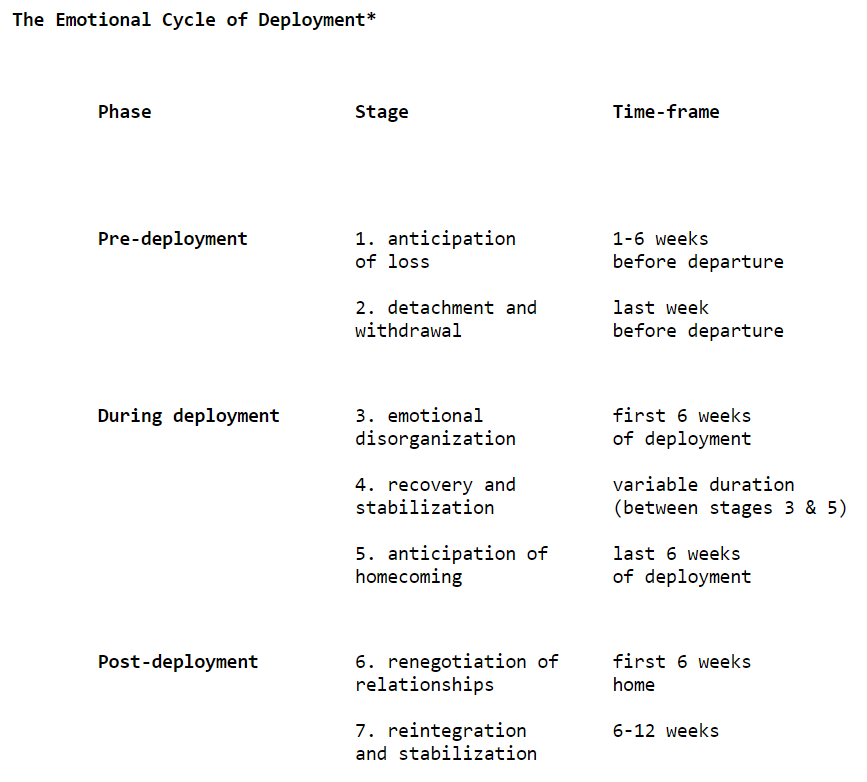Frequently Asked Questions
Telemental Health for field workers
Being able to connect privately, and from anywhere in the world, with a trained mental health specialist who can help you manage your stress and mental health through the various stages of your deployment can be an invaluable source of support and care.
Trained mental health specialists can help you recognize sources of distress, walk you through stress management techniques, and help you practice how to maintain a positive attitude and promote your own mental health wellness throughout your deployment and beyond. While field workers may be at higher risk of exposure to critical incidents, a trained counsellor will be able to help diffuse critical incident stress and lower the impact caused by the event on the field worker’s mental health.
Stress and stress management
What is stress? Stress can be defined as any demand or change that the human system (mind, body and spirit) is required to meet or respond to.
What is stress management? The more you know and understand about stress, the better prepared you will be to manage and control its effects. Stress becomes a problem when it occurs too often (frequency), lasts too long (duration), and is too severe (intensity). In these circumstances, distress occurs.
To manage these and other more acute occurrences, it is important to learn which distressors affect you most. Once the major sources of distress are known, a management and control strategy can be developed to help you avoid potential distressors. *
Deployment and deployment stress
What is deployment? Deployment is the assignment of personnel or staff to a tour of duty, usually unaccompanied by a spouse, family or significant other.
What is the emotional cycle of deployment? Each stage of the deployment to the field (before, during and after) is accompanied by physical and emotional demands on the field workers, which may cause deployment stress.
What is deployment stress? Deployment stress occurs as a result of the physical and emotional demands relating to deployment. Both the separation and reunion aspects of deployment place additional demands on families. *
Critical incidents and critical incident stress
What is a critical incident (CI)? It is an event outside the range of normal experience, which is sudden and unexpected, disrupts one's sense of control, involves the perception of a life threat, and may include elements of physical or emotional loss.
What is critical incident stress (CIS)? "Critical incident stress" is a term for the unusually strong physical and emotional reactions experienced in the face of a CI. These reactions could interfere with one's ability to function during or after the event. A strong reaction is a normal reaction. Few remain unaffected by a CI, although reactions may differ. Some reactions are immediate and some may occur and/or recur days, even weeks later. *
*MISSION READINESS AND STRESS MANAGEMENT, United Nations, Office of Human Resources Management, New York
Patient data privacy and security
What measures are we taking for patient data privacy and security? In order to implement a multi-layer security system to protect patient data, e-Care Anywhere is working with one of TechCrunch’s Top Picks for Disrupt SF 2019 and 2019: CATA M-Health, an award-winning Canadian data residency and healthcare data privacy and security company. With the support of our partner, we go above and beyond in addressing privacy requirements, by implementing a multi-layer security system that protects patient data. This means that all personal health information collected while using e-Care Anywhere, including identifying information, medical history and treatment plans, is protected in line with the highest security and privacy standards. Working with our partners allows e-Care Anywhere to provide patients with a high quality and secure telemedicine experience. Patients can enjoy peace of mind, knowing that their health information is kept safe and private.


